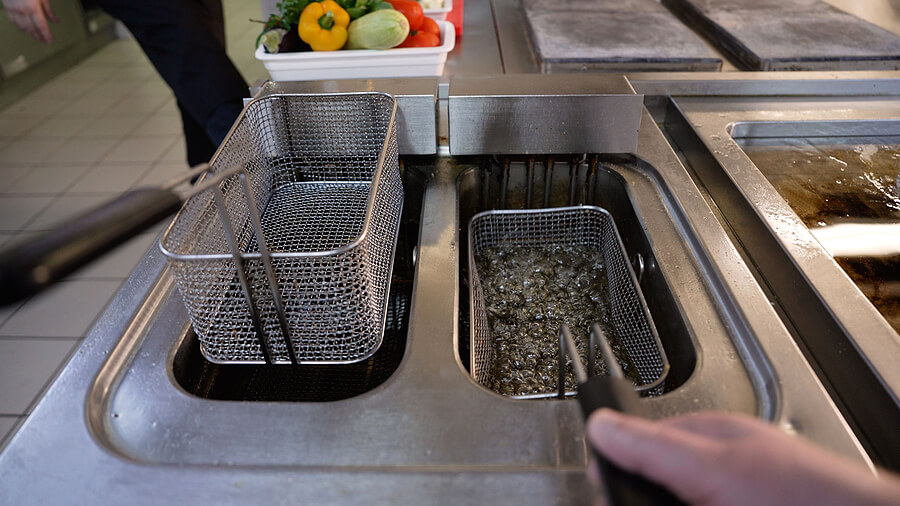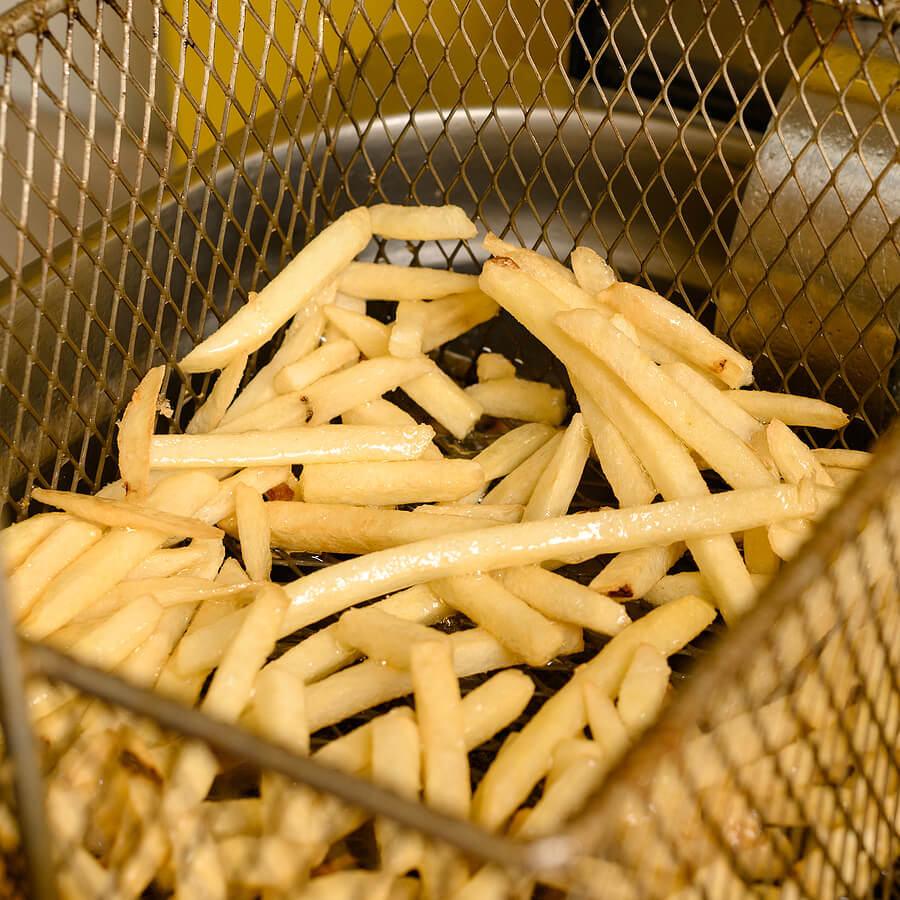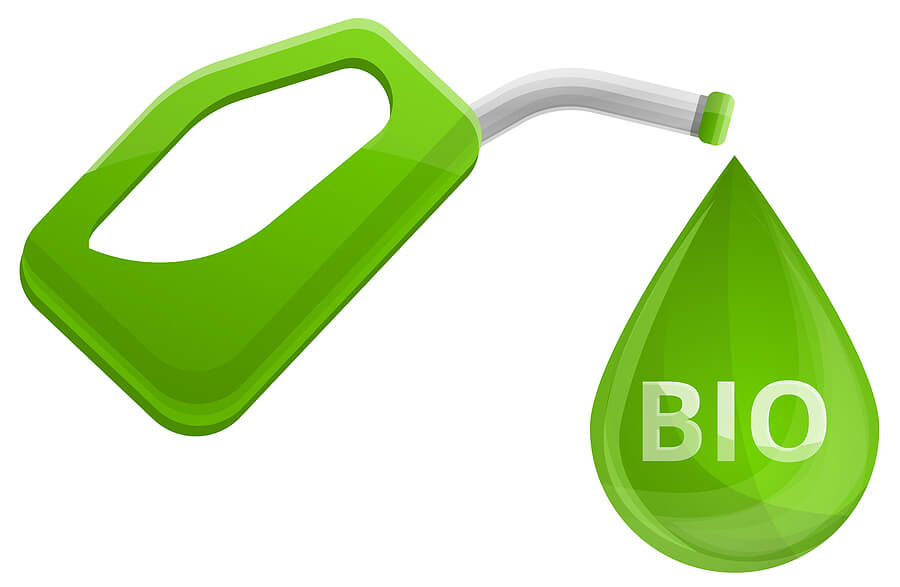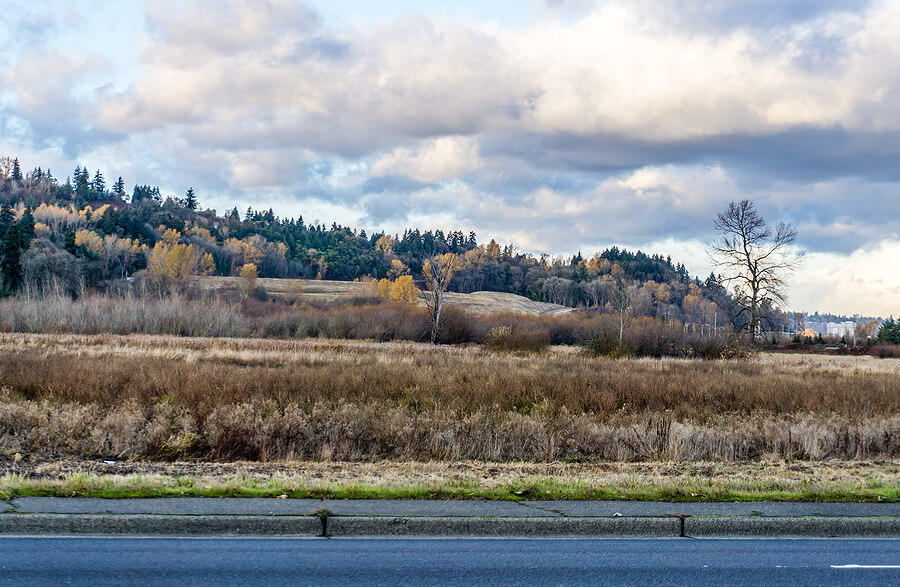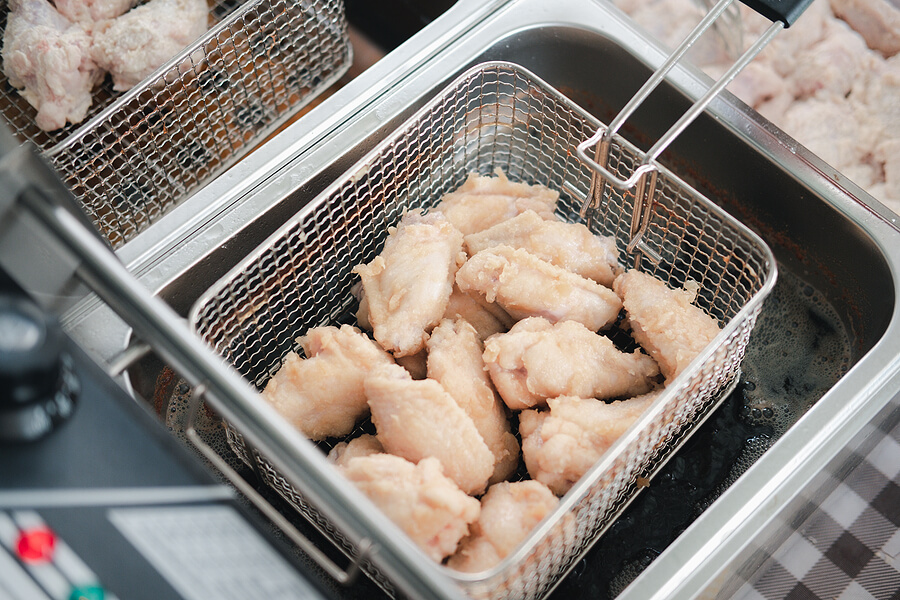Deep fryer oil is hazardous waste. You may not think of it as such, but it can clog sewers, harm aquatic animals and waterfowl, and even make it to groundwater or sewer systems if you pour it into a lawn. Everyone needs to be responsibly disposing of their used cooking oil. In some areas, it’s the law. What Are the Portland, Oregon, Laws on Disposing of Your Used Cooking Oil? In Portland and Lake Oswego, restaurants and food service industries must have grease interceptors installed in their kitchen. This is...
The History of Biofuels: Used Cooking Oil as a Recyclable Energy Source
If every restaurant or food service company in the U.S. recycled their cooking oil, millions of gallons of biodiesel could be produced. According to the North American Renderers Association, over 4 billion pounds of used cooking oil is generated by restaurants and others in the food service industry. Stop to consider just how much this is. It takes about 8.5 gallons of used cooking oil to make one gallon of biodiesel. That breaks down to 517.65 million gallons of biodiesel. Plus, that production also creates the byproduct glycerin which is...
Environmental Stewardship At Scale – What Do Commercial Kitchens Do With Used Cooking Oil?
Here’s a shocking statistic. Three out of five workers’ comp claims in the restaurant industry are tied to cooking oil. While some of those claims are tied to burns from hot cooking oil, almost half of them are linked to slips and falls. How a commercial kitchen handles used cooking oil is critical. Workers in the food industry are in the ideal position to be environmental stewards. What is environmental stewardship and how can people in commercial kitchens do their part? Understanding Environmental Stewardship An environmental steward is a person...
Renton, Washington Used Cooking Oil Disposal & Recycling
Nestled on the coast of Lake Washington, Renton stands as a shining example of a city committed to preserving its natural beauty, fostering a thriving community, and championing sustainability. In this article, we embark on a journey to uncover the importance of responsible disposal and recycling of used cooking oil in Renton. Together, we'll explore the diverse range of options available to Renton residents and businesses, showcasing their unwavering dedication to a cleaner, greener environment. Join us as we delve into the innovative approaches adopted by Renton, making it a...
Five Signs Your Grease Trap Needs Repairs
Food service establishments in Oregon are required to have grease traps connected to all kitchen fixtures. An FSE includes motel/hotel kitchens, restaurants, food carts, prisons, nursing homes, school cafeterias, and cafes, This rule applies to new constructions, redevelopment, changes in ownership, or kitchen upgrades. If you own a restaurant in Oregon and don’t have a grease trap, you should. If you do have one, how often do you have it maintained and inspected? Rules are every 30 days for a hydromechanical grease interceptor or 90 days for a gravity grease...
The Role of Biofuels in Sustainable Agriculture: Promoting Energy Independence
People’s dependence on fossil fuels has led to serious issues with global warming and damage to the environment. To get people away from fossil fuels, people shifted to solar, wind, hydroelectricity, heat pumps, and geothermal, but all of these have limitations. Plus, they’re not extremely helpful at powering vehicles, planes, and trains. Enter biofuels, liquid fuels produced from things found in nature like corn, soy, used cooking oil, trees, and algae. Biofuel is made from feedstock that can be grown and harvested or is already out there and spread quickly,...
Lakewood, Washington Used Cooking Oil Disposal & Recycling
Lakewood, Washington, is a city renowned for its breathtaking natural landscapes, thriving community, and unwavering dedication to sustainability. In this article, we delve deep into the significance of responsible disposal and recycling of used cooking oil, exploring the multitude of ways in which Lakewood residents and businesses actively contribute to a cleaner and greener environment. Join us on an informative journey as we uncover the various options available for used cooking oil disposal, highlighting the positive impact these practices have on our beloved city of Lakewood. Understanding the Environmental Risks...
Innovations in Biofuel Technology: Advancements in Production and Efficiency
What is biofuel? By definition, it’s a form of fuel derived from renewable sources instead of fossil fuels. Biofuel is produced from things like algae, grass, agricultural waste, recycled cooking oil, etc. This is incredibly important as biofuel recycles things people are already using. This is incredibly important as it lowers the demand for petroleum products. It also reuses items that would otherwise go into a landfill or environment where it could do harm. As the nation turns towards renewable energy sources, how is biofuel technology changing? What are some...
Kent, Washington Used Cooking Oil Disposal & Recycling
Kent, Washington, is well known for its breathtaking scenery, energetic neighborhood, and dedication to sustainability. This is a city that values environmental awareness and understands the importance of safe disposal and recycling of wasted cooking oil. It is essential to put efficient measures in place for a greener and more sustainable future. Join us as we explore the critical role that recycling and disposing of used cooking oil play in creating a cleaner, healthier, and more environmentally friendly Kent. The Importance of Properly Disposing of Used Cooking Oil Used cooking...
Maintaining Your Grease Trap Between Cleanings
One of the most important duties a restaurant owner has is to keep a grease trap working effectively. If your grease trap fails and fats, oils, and grease (commonly referred to as FOG) go into the sewers, you face steep fines. FOG wastes are classified into two categories. You have yellow grease, which comes from cooking oils, and there is grease trap waste that can contain fats from the foods you cook, like bacon or beef. According to the EPA, restaurants can generate up to 17,000 pounds of grease each...



